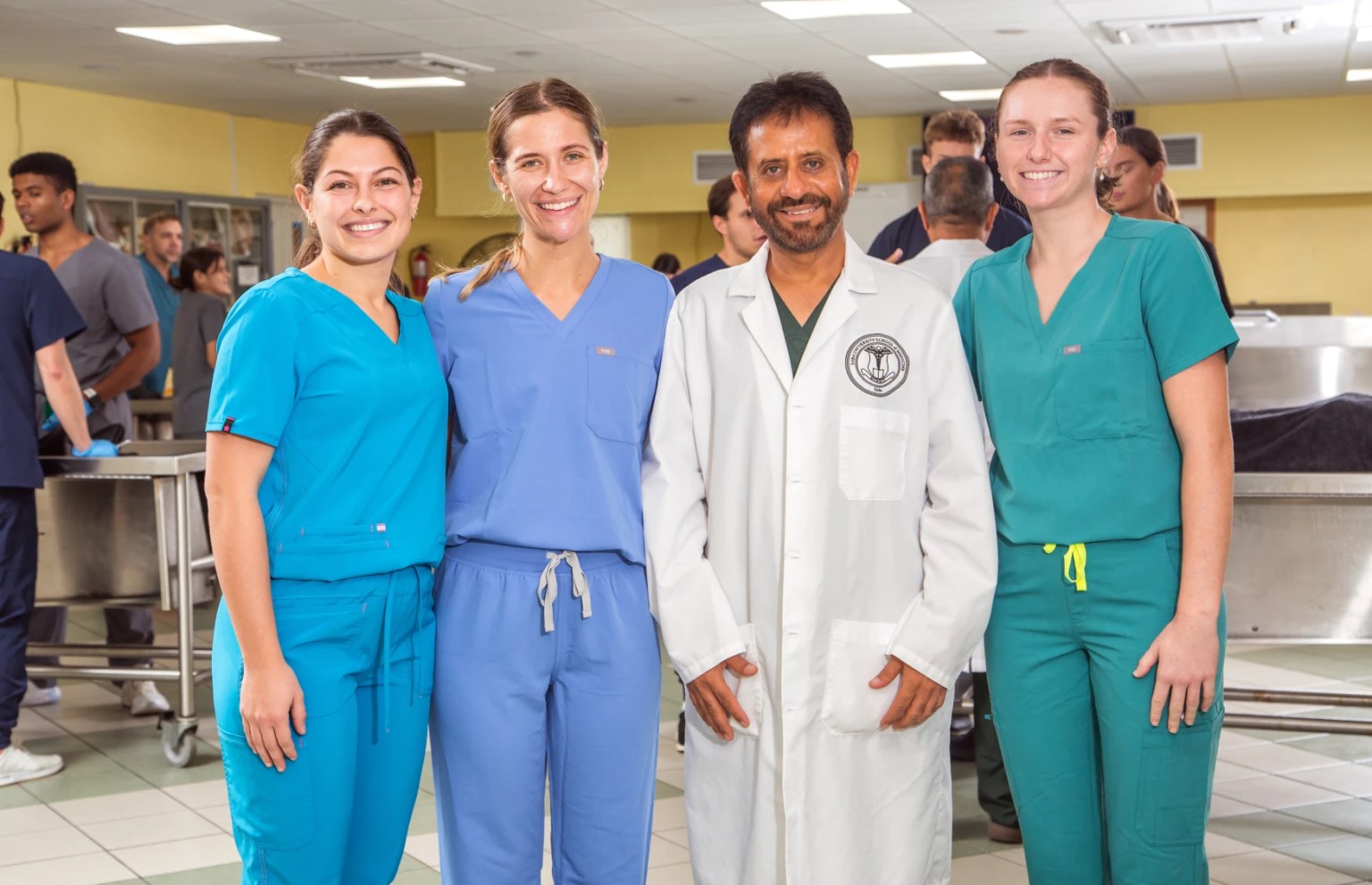
How to Study During Clinical Rotations
Get helpful top tips on studying during clinical rotations and managing a range of priorities.
Studying during clinical rotations can be difficult. You’re busy with work while trying to find time to study – which can be tricky to balance. However, it is possible to study effectively during clinical rotations if you have the right strategies in place. We will provide some tips and guidance to help you study during clinical rotations.
What to Do Before Starting Clinical Rotations
Before you start your clinical rotations, it’s important to create a study plan. This will help you stay organized and on track with your studies. To make a study plan, you should first assess how much time you will have available to study each week. Then, you can create a schedule that outlines what you will study and when you will study it.
It is also important to make sure that you are familiar with the material that you will be learning during your clinical rotations. Do this by reading textbooks and reviewing lecture notes. This will help you hit the ground running when you start your rotations and will make studying during clinical rotations much easier.
When you are creating a study plan, it’s also important to consider your learning style. Some students prefer to study in short bursts, while others prefer longer study sessions. Find a study method that works for you and stick to it.
How to Find Time to Study During Clinical Rotations
Once you have a study plan in place and have started your clinical rotations, it is time to find time to study. However, this can be difficult during clinical rotations. One way to make sure that you can find time to study is by getting up early and studying before your shift begins. This can be tough, but it will give you some extra time to get your studies done.
Another way to find time to study during clinical rotations is by taking advantage of downtime at work. If you have a few minutes between patients, use that time to review your material. You can also study during lunch breaks or after your shift has ended for the day.
It is also important to make sure that you are using your time off wisely. If you have a day off from clinical rotations, use that time to catch up on your studies. This will help you stay ahead of the material and will make studying during clinical rotations much easier.
Whatever your strategy, it’s important that you stay organized. Preparing flashcards, reviewing lecture notes and reading textbooks are all great ways to stay ahead of the material. This commitment to learning is one of the important characteristics we look for in a medical student and one that will undoubtedly serve you well during your clinical rotations and beyond.
Learn From Your Patients
Clinical rotations are not only a time to learn from your attending physician and residents, but also a time to learn from your patients. Every patient is different and you can learn a lot about medicine by taking the time to talk to them about their condition. The knowledge you gain can also be reinforced by reading their charts and medical records.
Learning all about your patients is a great way to gain empathy and compassion, two qualities that are essential for any physician. It is also a great way to learn more about the human body and how diseases progress. By taking the time to talk to your patients, you will be able to gain a better understanding of their condition, symptoms and how it affects them on a day-to-day basis.
Patients can also teach you a lot about bedside manners and how to communicate with people. Everyone responds differently to medical information and it is important to be able to tailor your approach to the patient. You will also learn how to provide support to patients and their families during difficult times. This is an important skill that you will need as a physician, one that you can start developing during your clinical rotations.
In addition to learning from your patients, you should also take the time to observe how experienced physicians interact with them. Pay attention to the way they communicate and the questions they ask. This will help you develop your bedside manner and learn how to effectively communicate with patients. It’s always helpful to have a few experienced physicians to look up to during your clinical rotations.
Practice Self-Care
One of the most important things you can do during clinical rotations is to practice self-care. This is a demanding time, and it is important to make sure that you are taking care of yourself both mentally and physically. Make sure to get enough sleep, eat healthy meals and exercise regularly.
Developing good self-care may not seem like the number one priority, but it is essential for any medical student. It will help you stay focused and motivated during your clinical rotations and it will prepare you for the demands of residency. By taking care of yourself, you will be able to put your best foot forward and make the most of your clinical rotations.
It’s important to be aware of a common phenomenon people in the medical field experience, “compassion fatigue”. Compassion fatigue is a type of burnout that can happen when you are constantly exposed to difficult situations. It is important to be aware of the signs of compassion fatigue, in order to take steps to prevent it. Some things you can do include:
- Educating yourself: understanding the symptoms and signs of compassion fatigue can help with prevention and coping with this type of burnout. Finding positive ways to manage your stress in these hard times can be beneficial in the long run. There is no right or wrong here. Experiment with different activities like meditation, long walks, or simply listening to relaxing music and find what you enjoy doing.
- Talking to someone about your experiences: it can be helpful to talk to someone who understands what you are going through. This could be a friend, family member, therapist, or even another medical student.
- Taking breaks: it is important to take breaks from your studies and clinical rotations. This will help you prevent burnout and allow you to come back refreshed and ready to learn.
If you are feeling overwhelmed or stressed, it is important to reach out for help. There are many resources available to medical students and there is no shame in seeking assistance. Remember that your mental health is just as important as your physical health, and it should be given the attention it deserves.
At Saba University School of Medicine, we understand the challenges that medical students face. We provide a supportive and nurturing environment and are committed to helping our students succeed — we are here to help you every step of the way.
You can find out more about our program and what our clinical rotations are like on our website. You can also join one of our events or webinars to find out more about what life is like on campus. And if you have any questions before applying to medical school, please don’t hesitate to reach out to us.

For Prospective Students
SUSOM is committed to supporting prospective students throughout the admissions process. Please click the following links for detailed information about each topic: